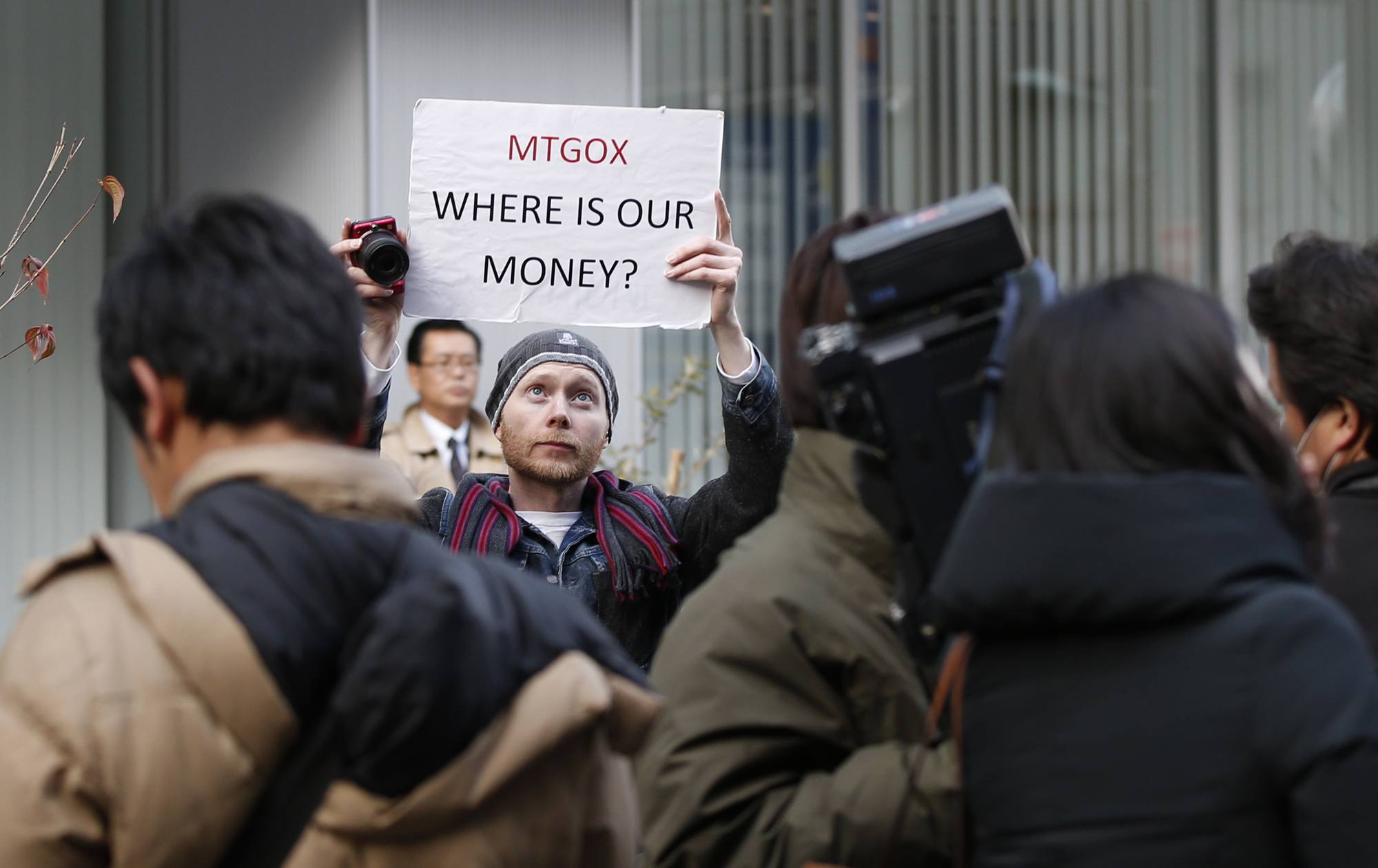Rejected Mt. Gox Victims Get Second Chance to Reclaim Lost Bitcoin

Mt. Gox victims whose claims were rejected have a second chance to reclaim their long-lost bitcoin funds. | Source: Shutterstock
Not everyone who used Mt. Gox or even who lost money on the disgraced bitcoin exchange is entitled to receive anything from the civil rehabilitation plan, a recent document posted to the failed exchange’s website reveals.
Approved creditors have the right to dispute the claims of other creditors, who in turn have the right to appeal. Japanese law also provides for “self-approved claims,” but these creditors fall under a different set procedure.
Bitcoin Exchange Victims Have Until May 7 to Appeal Claim Rejections

Self-approved claimants also lack the right to vote on various aspects of the civil rehabilitation plan, a power given only to creditors approved by the Rehabilitation Trustee. Victims whose self-approved claims were rejected by other creditors have until May 7th to file an appeal with the Tokyo District Court, who will decide whether the request is valid or not.
The Trustee says that it rejected claims on a few criteria. One, if the balance was zero, the user had no claim. Two, if the bitcoin balance was less than the amount the person claimed, their request was rejected. They’re still able to re-file if they do so within the prescribed time frame. Three, if the Trustee can’t determine whether the user was a Mt. Gox victim or not, the claim is rejected. Presumably, the massive fraud of Mt. Gox attracted fraudulent claims.
Some legitimate claims do seem to get lost as a result, however:
https://twitter.com/PennyGaff/status/1108420506019991552
If an approved creditor has objected to your claim, you only have until May 7th to get it worked out, according to the document:
“If a creditor objects to your claim and you do not file an application for claim assessment with the Tokyo District Court between March 30 and May 7, 2019, you will lose your rights as a creditor.”
Approved Creditors Can Reject Claims of Others
Actual payments are likely still a ways off for Mt. Gox creditors. Creditors is the term used to refer to people whose money went missing. They will – eventually – be repaid out of what assets remained when the crypto exchange went bankrupt.
Crypto billionaire Brock Pierce put forth a plan to repay all creditors and then relaunch the bitcoin exchange, claiming a seemingly tenuous ownership of Mt. Gox’s assets. Exonerated CEO Mark Karpeles publicly denied Pierce’s claim to Mt. Gox assets, and the Mt. Gox Rising project seems ill-fated at best.
Mark Karpeles was recently found not guilty on the majority of the charges brought against him by Japanese authorities. Found guilty on just one charge of falsifying digital records, Karpeles was given a suspended sentence. Karpeles is appealing that ruling as well, with lawyers laughably arguing that he was looking out for his clients’ best interests.